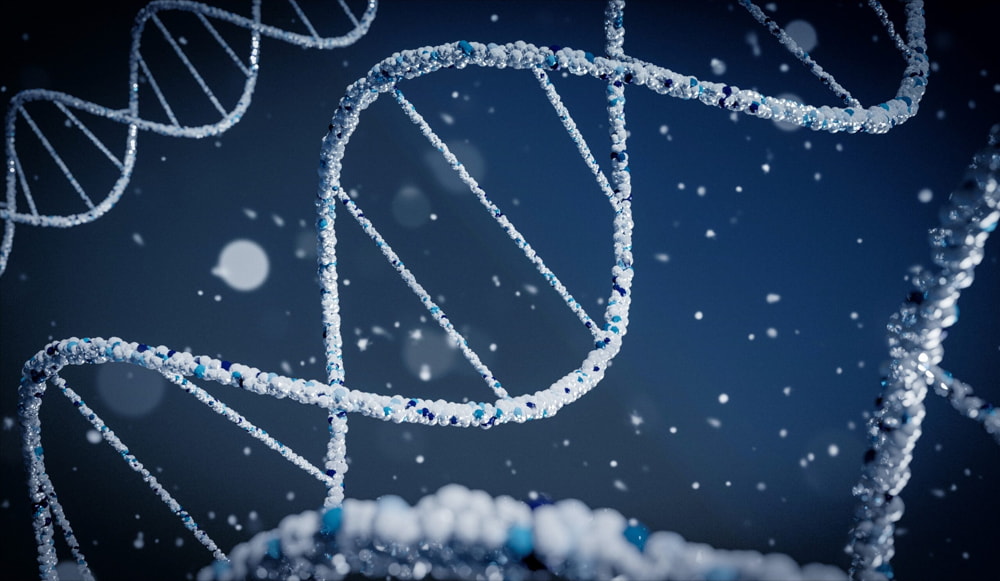Epigenetic Testing

Epigenetic Testing
Epigenetic testing is a type of analysis that looks at how your lifestyle, environment, and behavior affect your gene expression—without changing your DNA sequence itself.
Unlike genetic tests (which analyze your fixed DNA code), epigenetic tests measure chemical tags on your DNA—especially DNA methylation—that turn genes on or off. These changes can influence things like aging, disease risk, metabolism, and stress response.
🧬 What Epigenetic Testing Measures
Most tests focus on:
-
Biological age (how “old” your body is at the cellular level)
-
DNA methylation patterns (chemical markers on genes)
-
Healthspan markers (related to inflammation, stress, longevity)
-
Lifestyle impact (how diet, sleep, toxins, etc., are affecting your cells)
Some more advanced tests may also give insight into:
-
Detox ability
-
Metabolic efficiency
-
Hormone regulation
-
Cognitive aging
-
Immune system function
🔍 How It Works
-
Sample Collection – Usually a saliva, blood, or cheek swab.
-
Lab Analysis – The lab reads epigenetic markers (like methyl groups on DNA).
-
Reporting – You receive a report with:
-
Your biological vs. chronological age
-
Insights into your current health status
-
Recommendations for lifestyle changes
-
Some tests also track before-and-after changes, making them popular among:
-
Biohackers
-
Longevity enthusiasts
-
People using the Superhuman Protocol, peptides, or stem cell therapy
🔬 Common Tests & Providers
-
TrueDiagnostic – Popular for tracking biological age and interventions
-
TruAge – Tests multiple biological aging clocks (e.g., Horvath, GrimAge)
-
EpiAging or Zymo Research – More clinical and research-based
-
DunedinPACE – Measures the rate at which you’re aging
🧠 Why It Matters in Biohacking & Wellness
Epigenetic testing is becoming a core part of personalized health plans because it:
-
Tells you how well your lifestyle is working at a cellular level
-
Helps track the effectiveness of interventions (like red light therapy, fasting, supplements, or stem cells)
-
Identifies early risk signals before disease shows up in labs